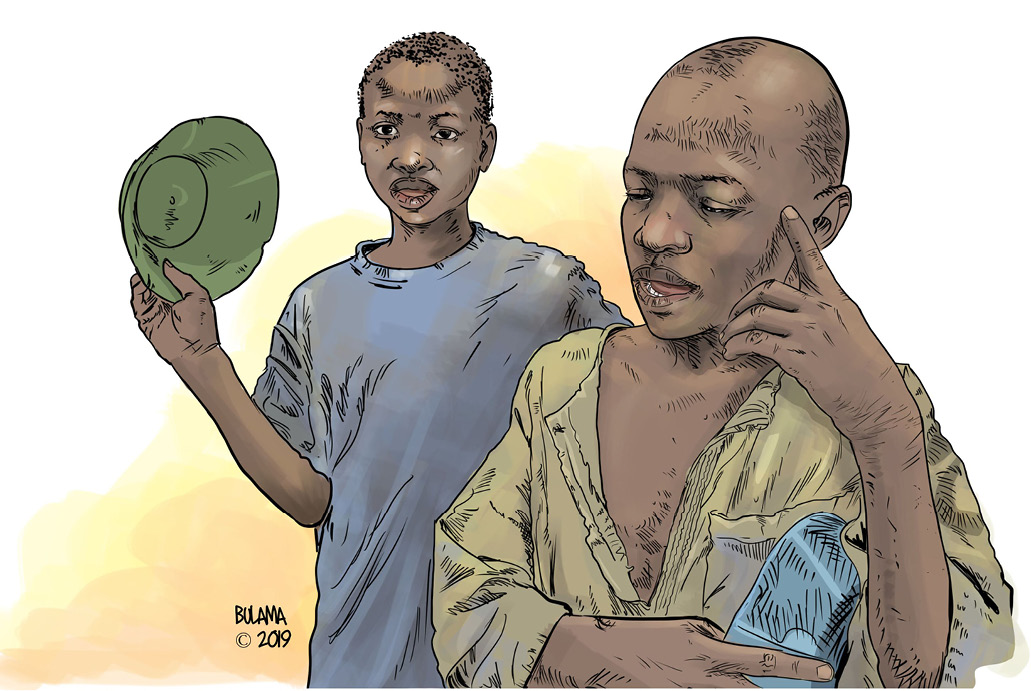Yobe to enrol 40,000 Almajiris; 25,000 girls in public schools
Yobe state government has unveiled plans to enrolled 40,000 Almajiris and 25,000 girls in public schools this year as part of efforts to mitigate illiteracy in the state Chairman Yobe State Universal Basic Education Board (SUBEB), Goni Ibrahim, disclosed this in Bauchi at the Master Trainers workshop organized for teachers of the state by the […]

Almajiri
Yobe state government has unveiled plans to enrolled 40,000 Almajiris and 25,000 girls in public schools this year as part of efforts to mitigate illiteracy in the state
Chairman Yobe State Universal Basic Education Board (SUBEB), Goni Ibrahim, disclosed this in Bauchi at the Master Trainers workshop organized for teachers of the state by the board in collaboration with the World Bank and Northern Education Initiative (NEI Plus)
Ibrahim, represented by the director social mobilization of the board, Sama’ila Machina, said that the state currently has 800 learning centres for the Almajiris where they will be taught reading, writing and simple arithmetic and 500 learning centres for the girls child under the world Bank supported Better Education Service Delivery for All (BESDA) program.
According to him, the bank has already approved the sum of $3 million for the state to implement the program, adding that the state has adopted the Early Grade Reading Model developed by the USAID’s Northern Education Initiative NEI Plus for the implementation of the World Bank supported Better Education Services Delivery For All (BESDA)
The NEI Plus’s Early Grade Reading Model, under which “Let’s Read and Mu Karanta” textbooks were produced and distributed free of charge to public schools in Bauchi and Sokoto states, is meant to ensure that pupils in primary 1-3 are able to read in both Hausa and English languages.
He added the decision to adopt the NEI Plus’s model was because the textbooks developed by the project have been tested and found to be working very well in Bauchi and Sokoto states.
He explained that the programme is aimed at promoting early grade reading among primary 1 to 3 pupils, reducing the incidences of out of school children and teaching the Almajiri children skills in literacy and numeracy through the use of non-formal learning centres.
Speaking at the event, Jordene Hale of NEI Plus said the adoption of the Early Grade Reading Model by Yobe state is an indication that the intervention is impacting positively on the educational development of northern Nigeria.
“The USAID is implementing the Northern Education Initiative Plus to help support the BESDA, states and the basic education services delivery to reach the children through the purchase of textbook, teacher training and teacher supervision training,” Hale said.
